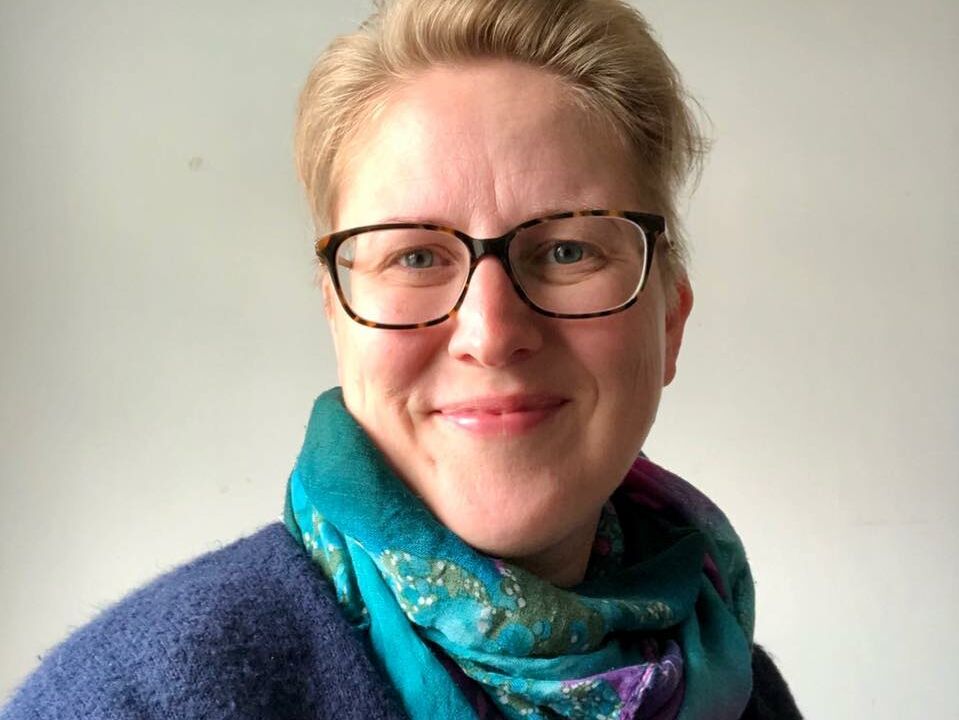Firms worldwide have a profound impact on local communities and their human rights. A key challenge in holding businesses accountable has been the lack of reliable, global information about when, where and why firms affect human rights. This project is working to change this. It will compile information based on media, NGO and company textual sources into the first global data set of corporate human rights allegations. Using web-scraping, network graphs, cluster analysis and automated text analysis, the project will map which industries are connected to which human rights violations across the globe.
Nicole Janz is an Assistant Professor in International Relations at the University of Nottingham. She holds a PhD from the University of Cambridge. Her fields of expertise are comparative human rights, international political economy, reproducible science, and quantitative methods. Nicole Janz plays a leading role in promoting international scientific reproducibility. She is a member of the Steering Committee of the UK Reproducibility Network, the Executive Committee of Project TIER, and serves on the Advisory Board of the Qualitative Data Repository. As a former journalist, she also writes non-academic article and creative fiction. In the Summer term 2021 Nicole Janz is a Junior Fellow at the Alfried Krupp Wissenschaftskolleg Greifswald.
Moderation: Professorin Dr. Margit Bussmann
-------
Organizational information on the digital lecture
The Alfried Krupp Wissenschaftskolleg is offering this event live as a zoom meeting, in which viewers can also take part in the subsequent discussion with video contributions.
- We would be delighted if you gave your real name when dialing into Zoom. Of course, you can also take part in the event under a pseudonym.
- A list of all participants is available to all those involved during the entire event.
- During the lecture, the microphones of the audience are all automatically muted so as not to generate any disturbing background noise. You can turn on the audience's camera during the lecture.
- In the discussion that follows, requests to speak or questions can be displayed using the "Raise hand" function. You can find these - depending on the device - under the button "Participant", "More" or "Reactions" in Zoom. You can also lower your hand again if you want to withdraw the question.
- The moderator keeps a speech list and gives the floor in the order of the messages. If the moderator asks you to bring your question or request to speak, the user interface will ask you to turn on your microphone. If you have not already done so, you are welcome to turn on your camera. This is particularly desirable when presenting longer requests to speak so that the presenter can also see who is asking the question or who is making the comment.
- Of course, you also have the option of asking your questions in writing in the chat.
-------
-------

